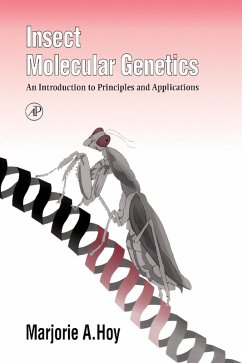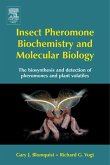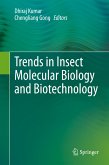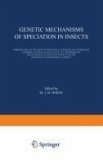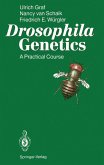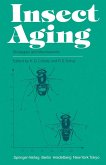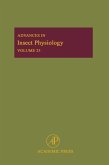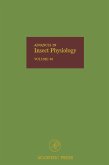As a text, as a reference, as a primer, and as a review of a vast and growing literature, Insect Molecular Genetics is a valuable addition to the libraries of entomologists, geneticists, and molecular biologists.
- Features offered by this unique reference source: Detailed illustrations
- Suggested readings at the end of each chapter
- Glossary of molecular genetic terms
Dieser Download kann aus rechtlichen Gründen nur mit Rechnungsadresse in A, B, BG, CY, CZ, D, DK, EW, E, FIN, F, GR, HR, H, IRL, I, LT, L, LR, M, NL, PL, P, R, S, SLO, SK ausgeliefert werden.

